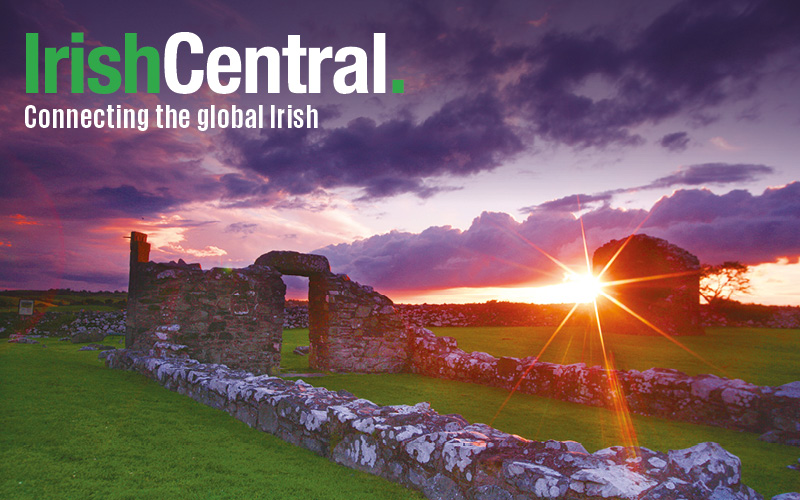The New York Times reports that Ireland is "in the midst of a profound transformation" as it "recalibrates its relationship to the Roman Catholic Church."
The stand-off between the Irish government and the Vatican began this summer when Prime Minister Enda Kenny gave voice to a nation when he criticized the church in Parliament.
“For the first time in Ireland, a report into child sexual abuse exposed an attempt by the Holy See to frustrate an inquiry into a sovereign, democratic republic as little as three years ago, not three decades ago,” Kenny said, referring to the Cloyne Report, which detailed the abuse and cover-ups by church officials.
The prime minister went on to attack "the dysfunction, the disconnection, the elitism" that he said "dominate the culture of the Vatican."
He continued: “The rape and torture of children were downplayed, or ‘managed,’ to uphold instead the primacy of the institution — its power, its standing and its reputation.” Instead of listening with humility to the heartbreaking evidence of “humiliation and betrayal,” he said, “the Vatican’s response was to parse and analyze it with the gimlet eye of a canon lawyer.”
Kenny's speech angered the Vatican, which immediately withdrew its ambassador from Dublin. The position of Irish ambassador to the Vatican is also currently vacant.
-----------------
READ MORE:
Boston Globe defends Irish govt in church battle over sex abuse
Irish govt stands by comments on Vatican interference in abuse cases
-----------------
The Vatican's latest formal communication with Dublin took issue with both the Cloyne Report and the prime minister's remarks, saying that a crucial document had been "misrepresented" and calling Kenny's statement that the Vatican had tried to "frustrate an inquiry" as "unsubstantiated."
Sympathizers with the church also say Kenny went to far.
“Personally, I think it was excessive,” David Quinn, founder of the Iona Institute, a right-leaning religious advocacy group, said of the prime minister’s speech.
But Kenny's tone has been met with widespread approval in Ireland, where many people feel betrayed by both the abuse and the cover-up by the Church.
“You can talk about the finesse of diplomatic ties and maneuverings, but what Kenny was actually saying was that you have to prioritize the victims of abuse, and you have to assert very loudly that this is a republic and civil law has to take precedence over canon law,” said Diarmaid Ferriter, professor of modern Irish history at University College Dublin.
The government has said it will introduce new legislation to protect children from abuse, including a law making it mandatory to report evidence of crimes, even if revealed in a confession.
“Historically, there was a view within the Catholic Church that there was a parallel law, that they had their own system of law, and that was the law to which they were accountable,” said Eamon Gilmore, Ireland's deputy prime minister. “At a minimum, that blurred the understanding of the necessity for full compliance with the law of the state.”
He added: “The Catholic Church is perfectly entitled to have its own view and its own rule and to view matters according to its own light. But this is a republic. And there is one law.”
“Everybody in the state — irrespective of whether they’re ordinary citizens doing everyday work, or a priest or a bishop — has to comply with the law.”




Comments